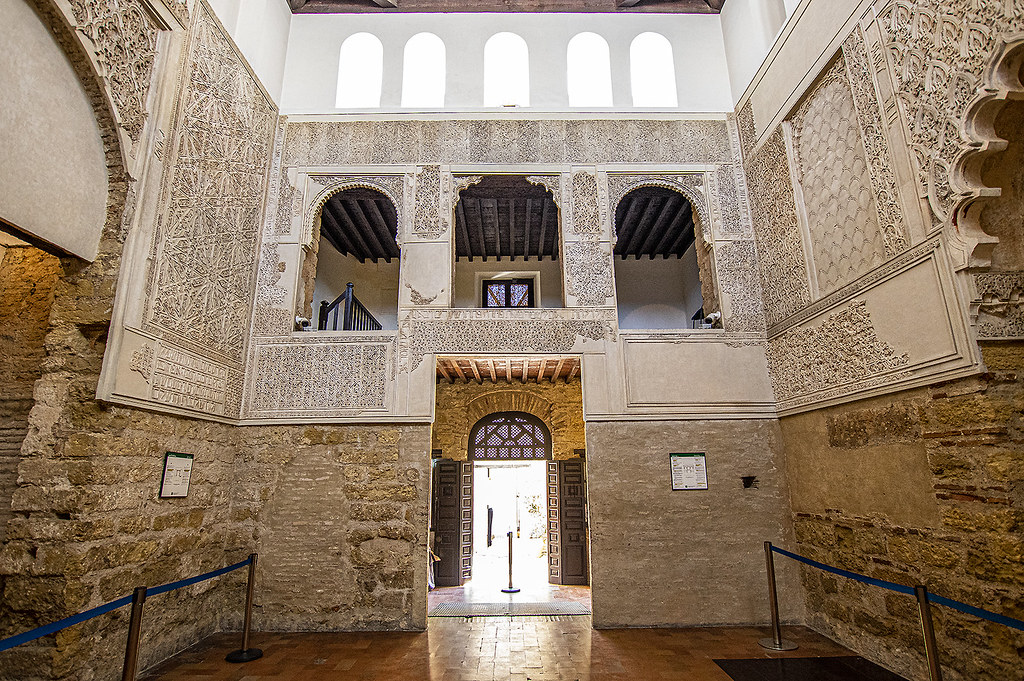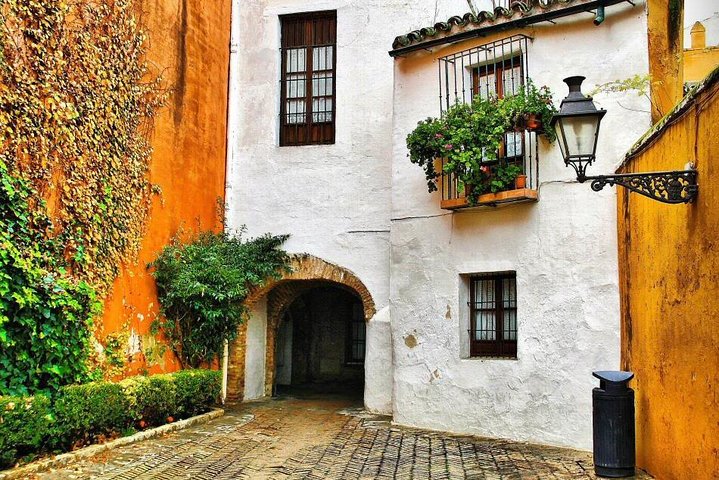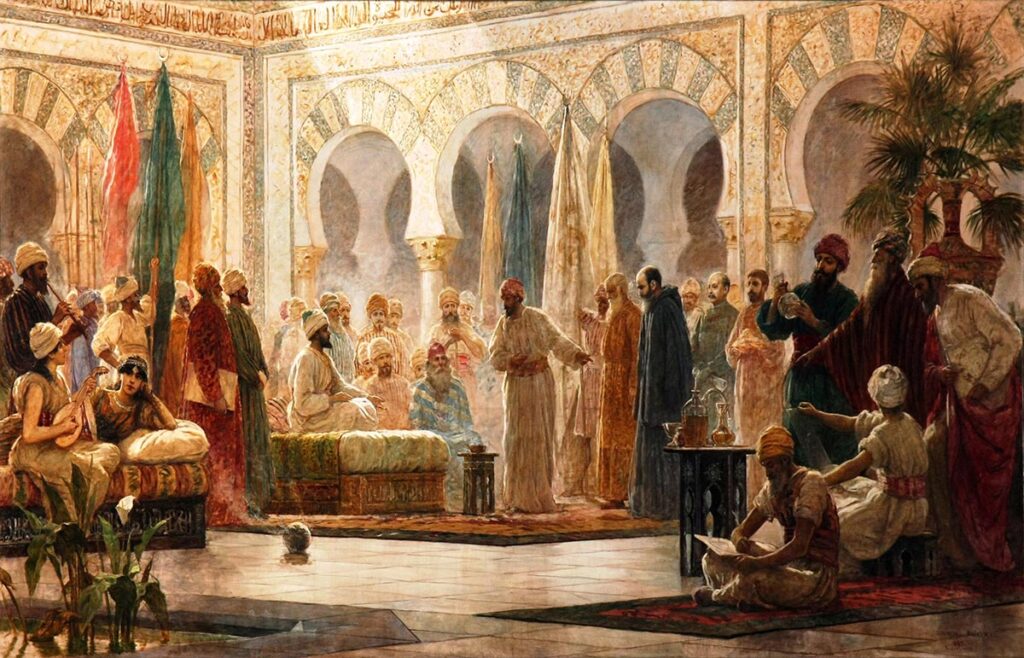Many cultures have passed through Andalusia: Greeks, Romans, Tartessians, Visigoths, etc…. In medieval times, before the reign of the Catholic kings, there were three cultures that brought us their knowledge about philosophy, astronomy, medicine, architecture, gastronomy, etc… These three cultures were Christian, Muslim and Jewish.
In this post we are going to tell you which are the most important Jewish quarters in Andalusia and what you can find there.
The Jewish quarter of Cordoba
If you go to Cordoba, before entering the Jewish quarter, we recommend that you visit the Calahorra Tower. Today, apart from being a fabulous viewpoint, it houses the Living Museum of Al-Andalus. There they will explain in a very entertaining way what each culture contributed during their coexistence between the ninth and thirteenth centuries.
Then you can go to the Jewish quarter, which stretches from the Mosque of Cordoba to the Almodovar Gate. The Jewish quarter of Cordoba has been named a World Heritage Site by UNESCO and its layout is of Muslim style with labyrinthine streets.

The Jewish heritage you should visit there is the synagogue dating from the 14th century, and the Sefarad House, a museum on Judeo-Spanish culture that occupies a Jewish house, also from the 14th century.
You can also visit the Tiberias Square. There you will find a statue of the great thinker and physician Maimonides. Maimonides was a Sephardic Jew who was born in Cordoba. He was forced to leave in 1158, but in Egypt he was appointed Saladin’s personal physician.
Take advantage of your visit to Cordoba to visit Lucena, known as the“City of the Jews” between the ninth and twelfth centuries. Visit its Jewish cemetery, the largest in Europe, with more than 300 tombs.
Seville Jewish Quarter
It stands out for being the oldest in Andalusia and one of the oldest in the Iberian Peninsula. Today it is known as Barrio Santa Cruz.
The most important streets of the Jewish quarter are three: the Jewish quarter street, the water alley and the street of life .

Judería Street is important because it still preserves the tower and the arch that connects the area of the Cathedral with the Jewish quarter, which was once the entrance to it.
For its part, the Callejón del Agua, which owes its name to the water that flowed to the Reales Alcázares from the Caños de Carmona, thanks to a pipe located inside the wall. In addition, it is a parapet, that is, it is attached to the wall.
Vida Street owes its name to the fact that many of the Jewish families, persecuted in the 14th century, managed to escape through it, since it was one of the gates to the Jewish quarter.
It is curious how the street of life intersects with the street formerly known as the street of death, which today is the alley of Susona, in honor of the tragic legend of Susona, a Jewish girl who fell in love with a Christian knight.
Of course, we advise you to go there with a guide to tell you the legend. You can do that for only 10€ with our Sevilla Encantada tour.
Jewish quarter of Jaén
It is located between Martínez Molina and Huertas streets and dates back to the beginning of the 7th century.
Already in the 10th century, Hasday ibn Shaprut, an important physician, diplomat, minister and patron of the arts who served Abderraman III and Al-Hakem II, was born in the Jewish quarter of Jaél. He was even appointed nasir by Abderraman III, i.e., head of all the Jews of the caliphate.

One of the ancient synagogues and a point of interest you should visit is the Monastery of Santa Clara.



